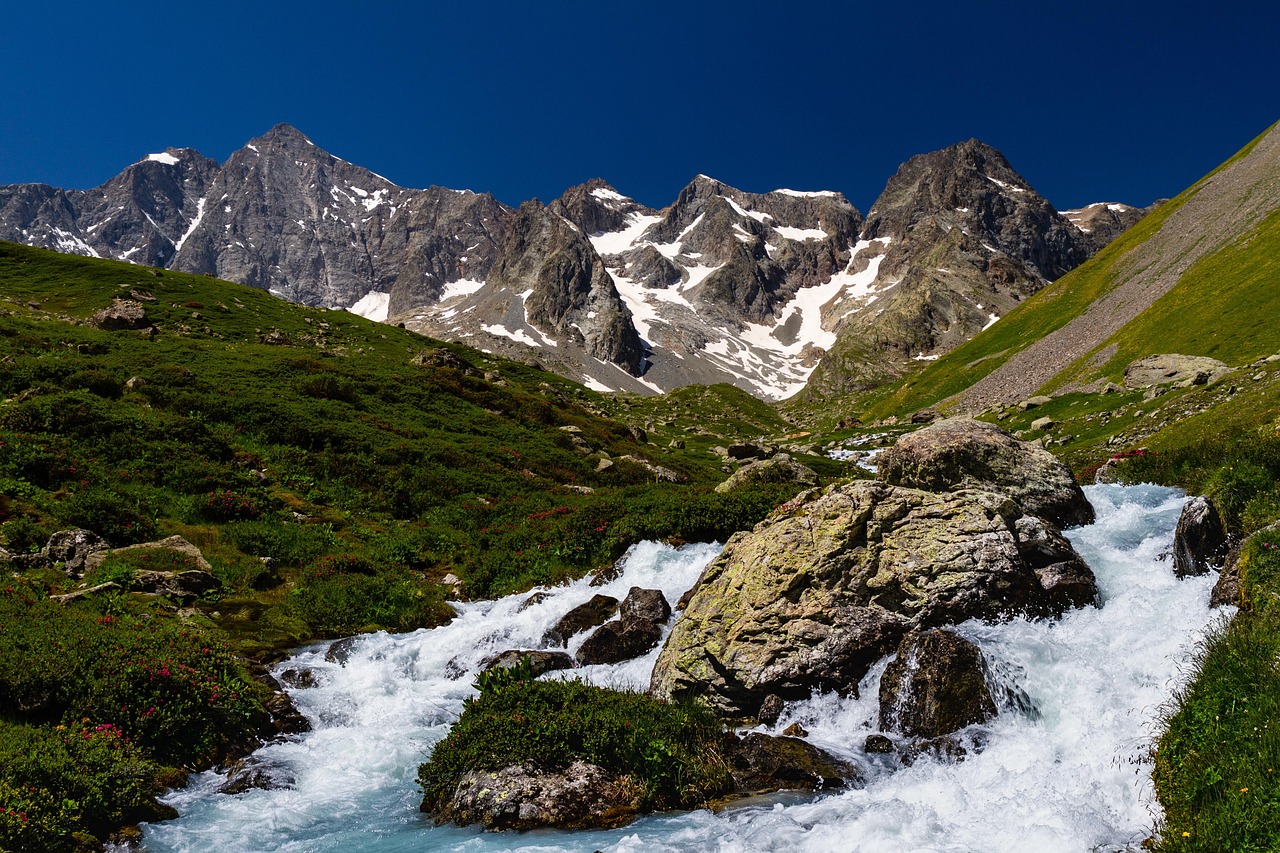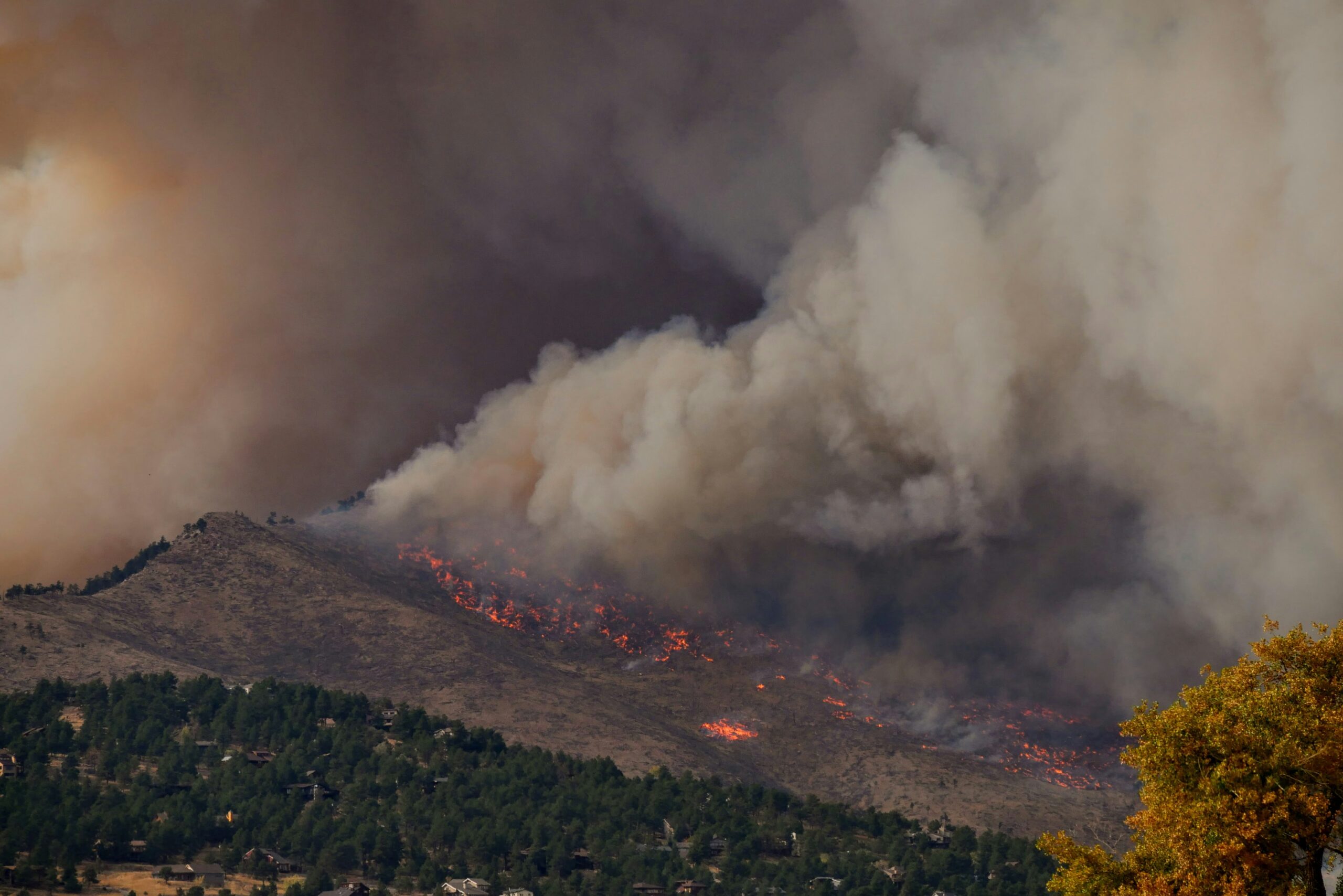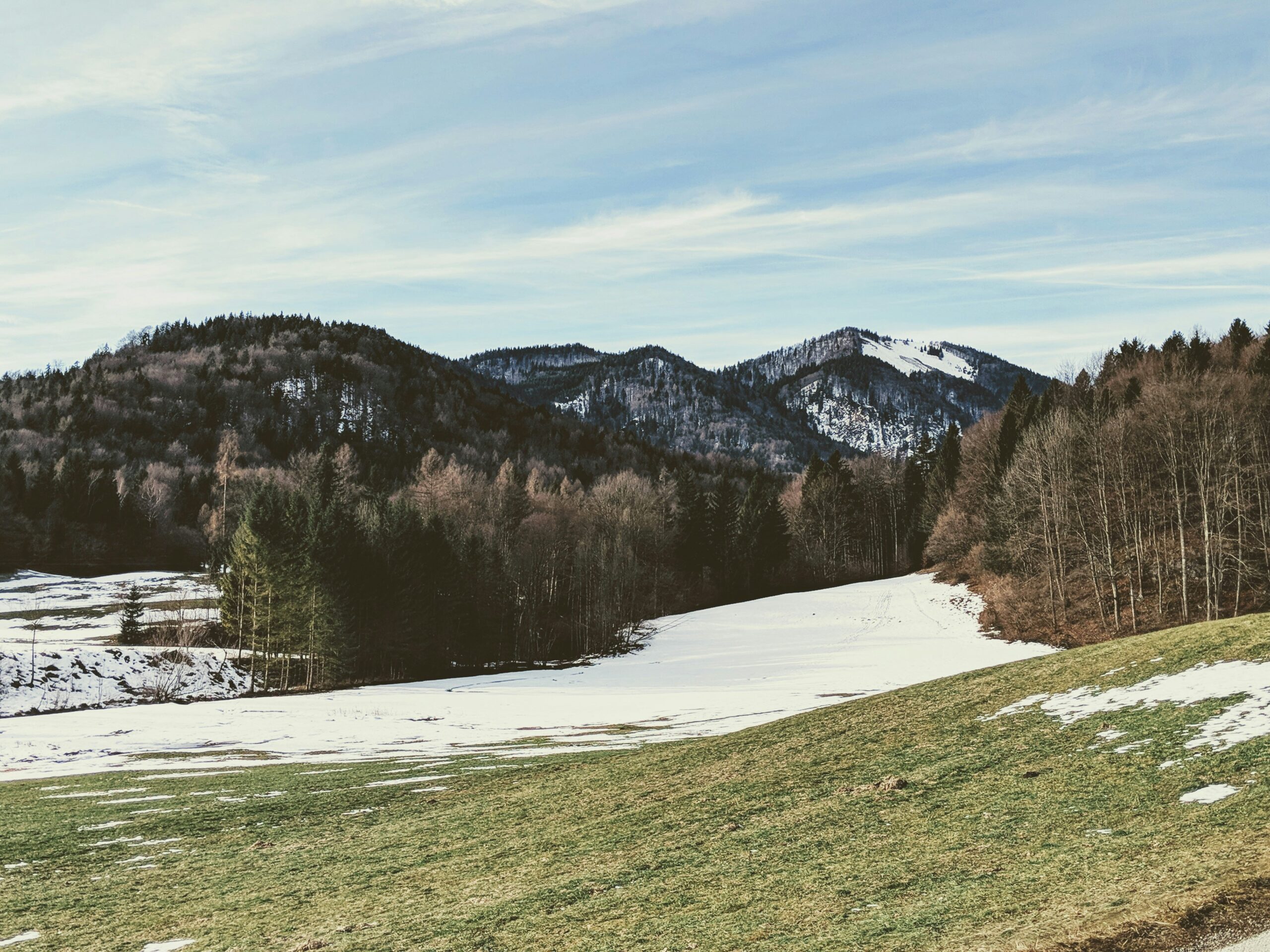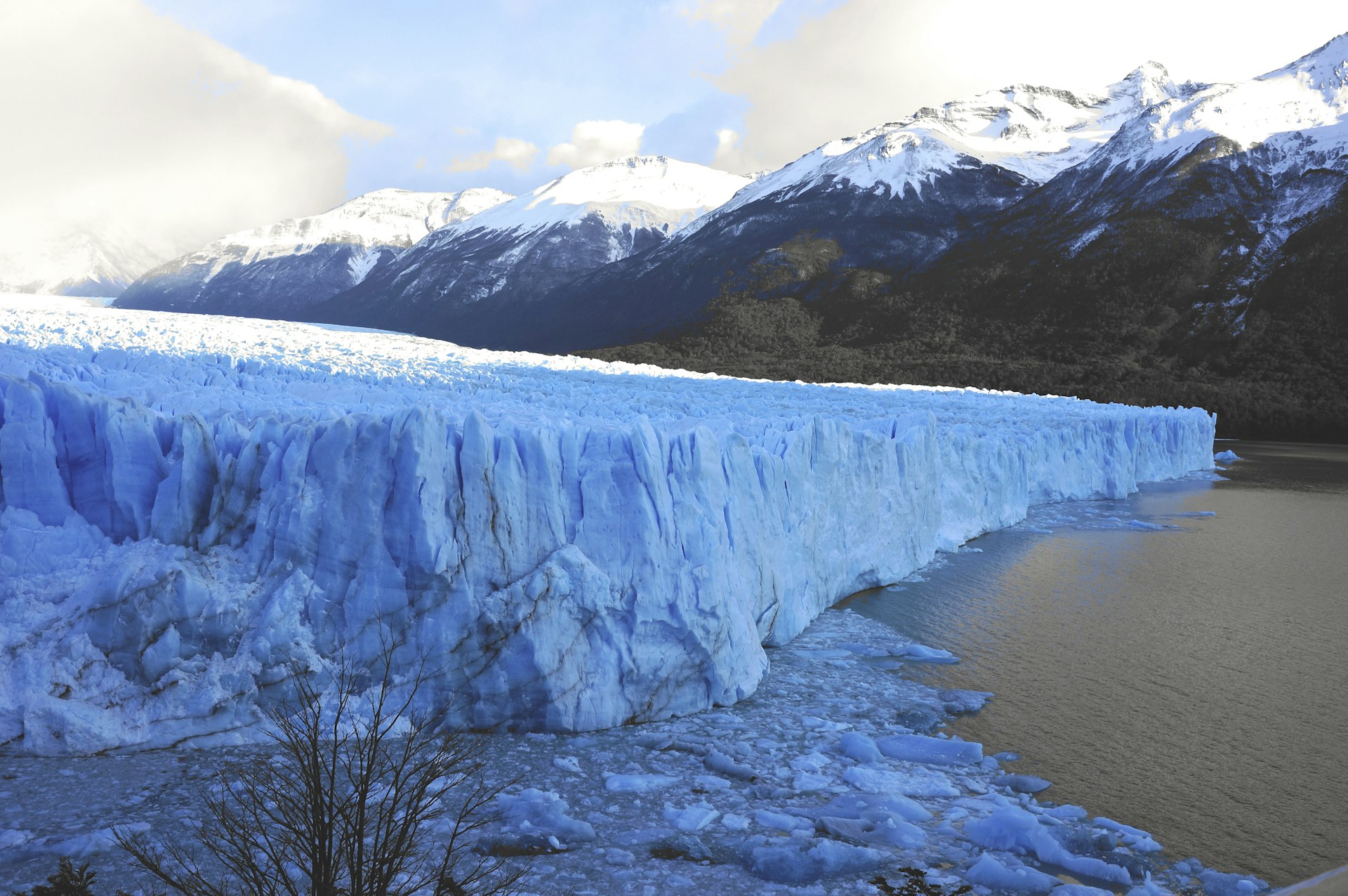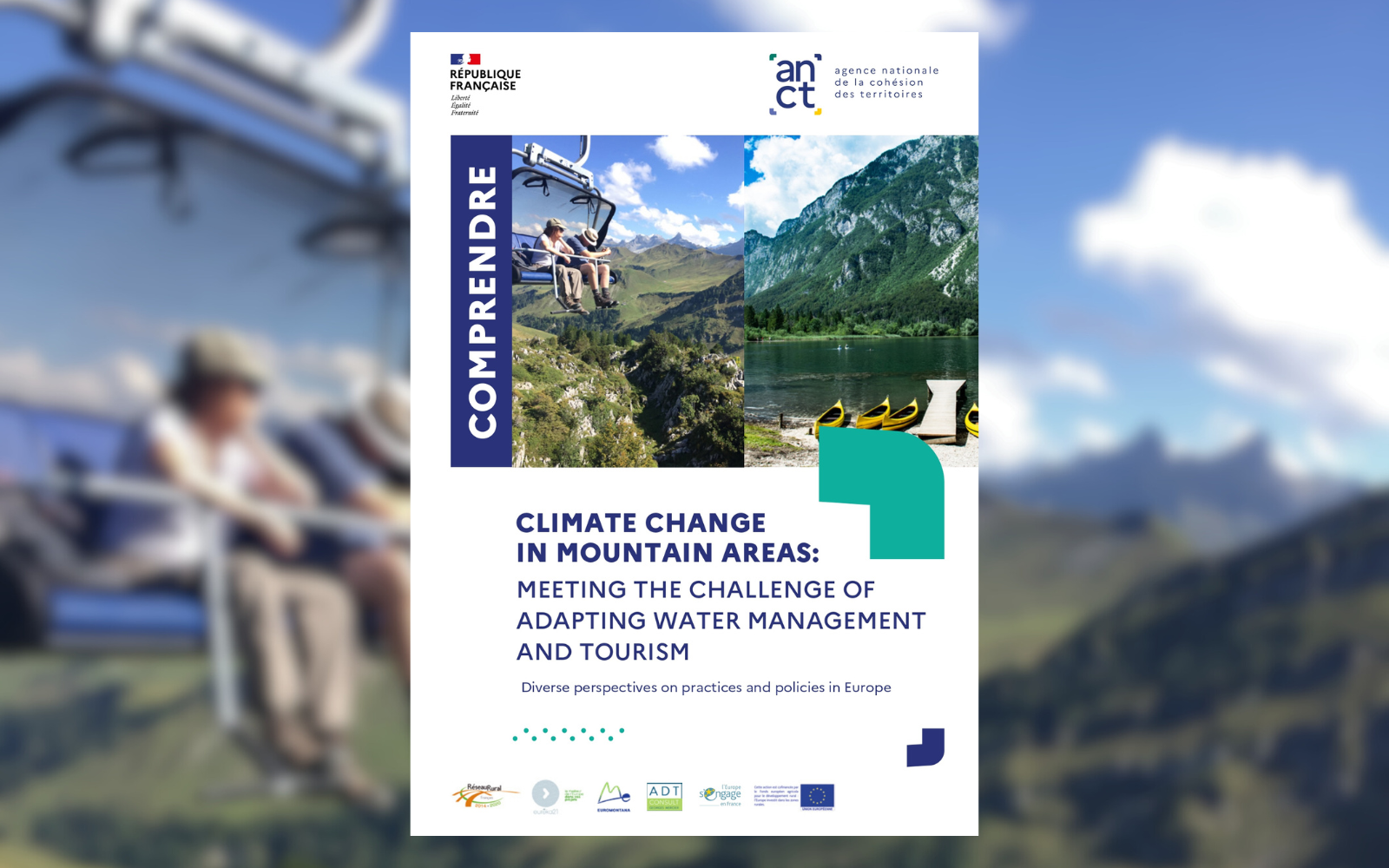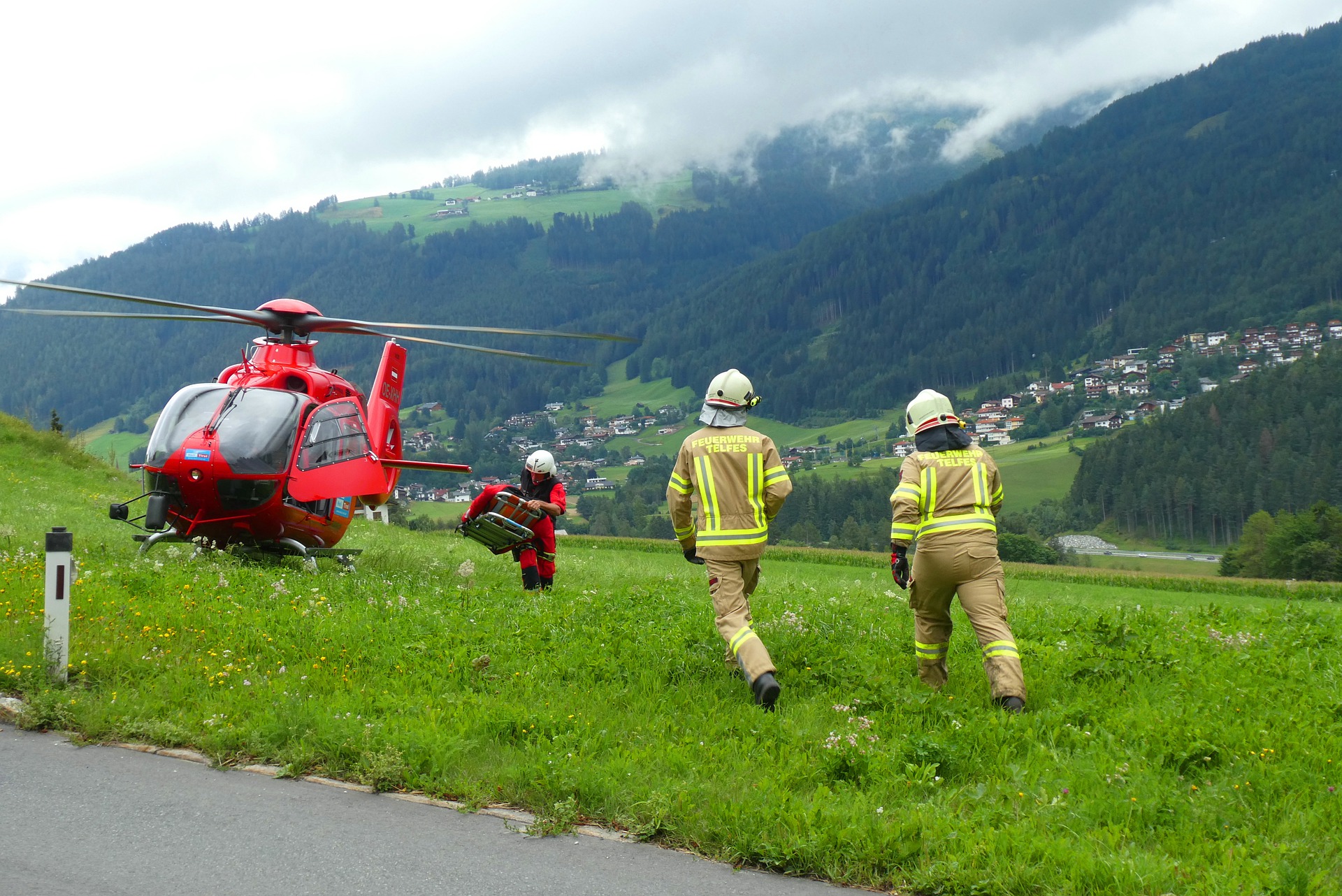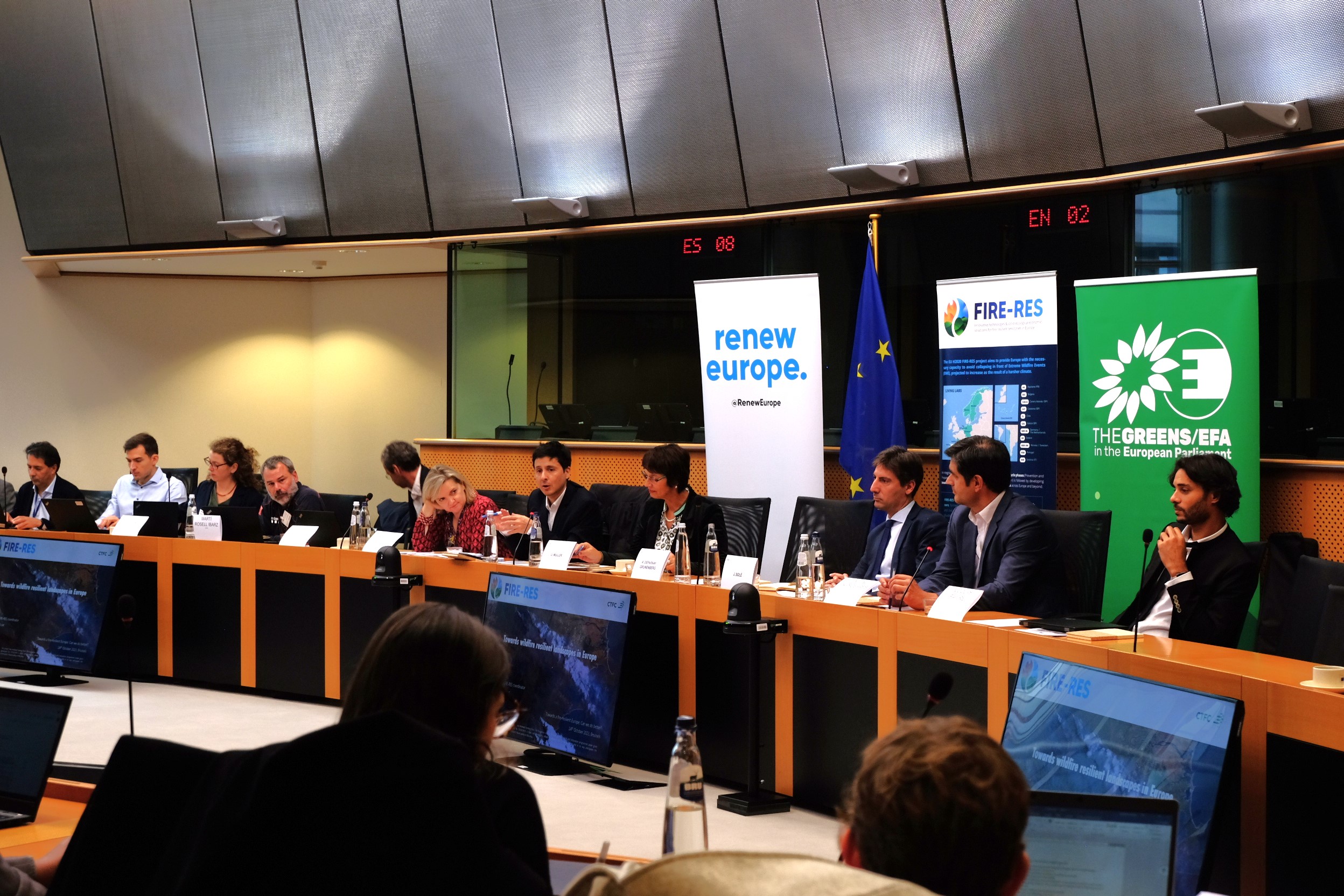We are pleased to announce that we are launching the MountResilience Community of Practice on Climate Change Adaptation and we encourage all mountain stakeholders engaged in climate change adaptation to join the CoP to learn, exchange and boost climate action in the mountains!
On World Water Day and World Glaciers Day, we call more than ever to strengthen Europe’s commitment to preserve glaciers, whose melting, especially in the Alps, poses a serious threat to Europe’s water supply.
December 5, 2024
Of the 500,000 hectares burnt in 2023, about 210,000 hectares (41%) belong to Natura 2000 sites. Mountain areas are biodiversity hotspots and are home to a large proportion of these protected areas, around 43% in the European Union.
The European Court of Auditors has recently focused on adaptation in mountain areas in a report concluding that significant gaps and inconsistencies in implementation at the local level are hampering adaptation to climate change
In December 2022, the United Nations adopted a resolution declaring 2025 the International Year of Glacier Conservation, an important step in recognising the urgency to preserve these cornerstone of life on Earth.
The European Environment Agency (EEA) has recently published its first European Climate Risk Assessment report, which identifies, analyses and assesses the main threats posed to Europe by climate change and sets out priorities for policy action.
Euromontana, together with Eureka 21 and ADTconsult, has carried out for the French National Agency for Territorial Cohesion (Agence Nationale de la Cohésion des Territoires) the study “Climate change in mountain areas: meeting the challenge of adapting water management and tourism.
December 14, 2023
Nearly 900,000 hectares of land burnt in 2022, according to the recent Joint Research Centre report on Forest Fires in Europe, Middle East and North Africa 2022, a significant increase compared to 2021.
October 25, 2023
Europe needs a change of paradigm to better deal with wildfires. Euromontana organised a policy debate at the European Parliament on 24 October as part of the FIRE-RES research project.

